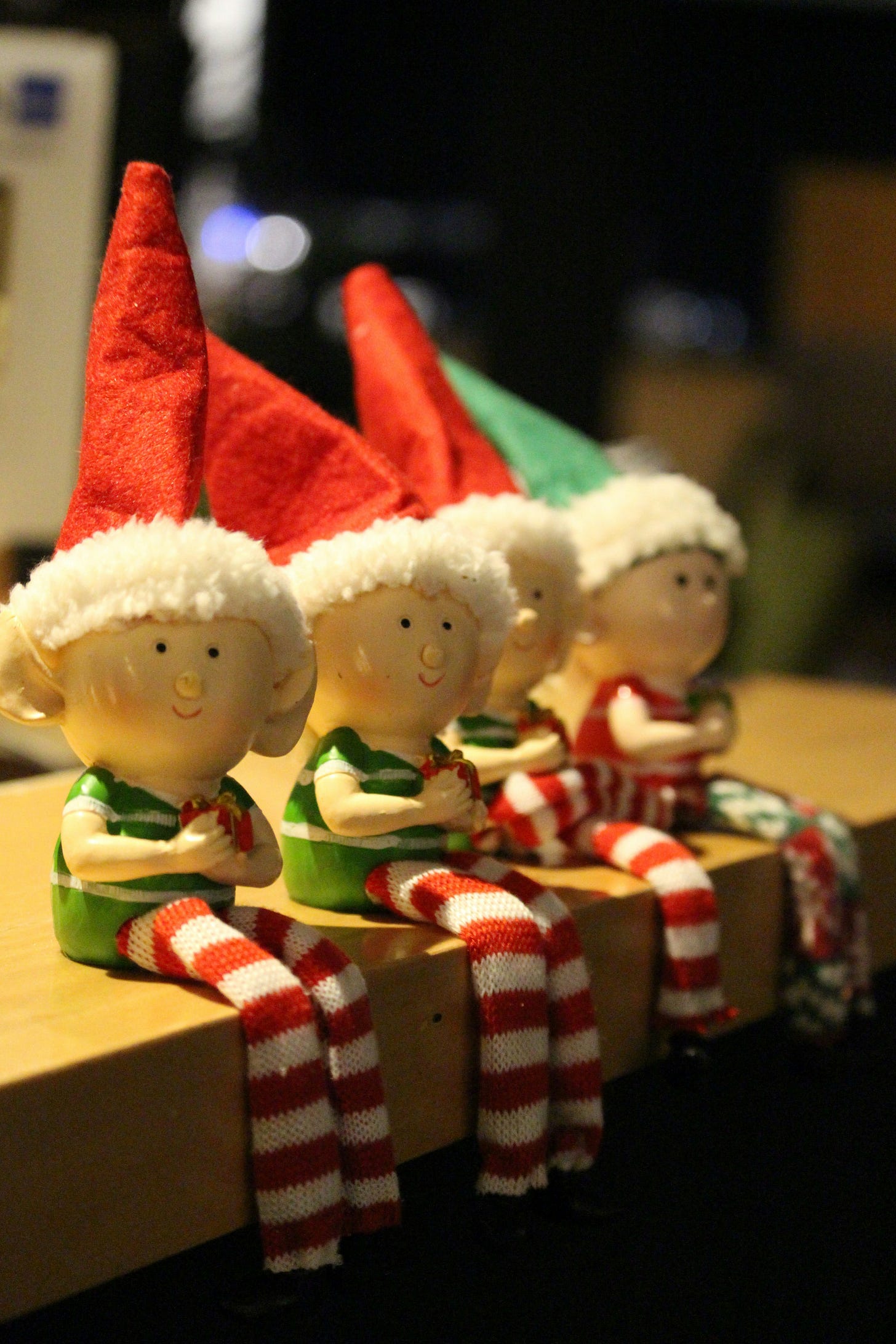December won’t ever be the same for me. My husband died on December ninth after suffering a massive stroke. I am not the same. This fact also ensures that the holiday season will be different, too.
No matter where you are in life, you have lonely chasms that hurt so bad you can’t stand it. As a mom, it feels to me like being in labor. I’m just hitting transition, where many of us child-bearers embarrass ourselves with all sorts of threats and blue language.
Lucky for me, my transitions in labor didn’t last forever, although I certainly thought they did at the time. But at least I got the reward of a screaming baby with all its fingers and toes.
Today, my transition reward scares the hell out of me.
Instead of a new life to nurse and to drive around in the car at two AM, I tremble at the thought of my own new life as a widow. Right now, I can’t imagine how this new life will be anything except full of sorrow and the loneliness that comes when you lose your best friend.
I felt that way in 1961, when I was stuck in the crippled children’s hospital on Christmas.
Our parents weren’t allowed to send gifts—you wouldn’t want to watch the poor girl in the next bed cry because your folks brought you a pony. Instead, the hospital powers-that-be concocted a Christmas Day full of anticipation, bewilderment and disappointment.
We started Christmas as usual. Beds were made, breakfast was served, the ward toilet flushed and the autoclave worked overtime to sterilize bed pans. We twelve girls were instructed to sit on our beds, although we wouldn’t be able to see the parade going on in front of the hospital. At three floors up, we were too far from the windows to see the ground.
Jensen had already confiscated Baby Jesus from Beatrice and had warned me not to try anything funny. “Stay on your bed,” she growled. I stuck out my tongue when she turned her back. Beatrice giggled and nearly gave me away. Finally, old Jensen went squeaking out of the ward.
I sat there, bored out of my skull.
Around late morning, a hubbub at the nurse’s station right outside the ward made all of us sit up straighter. The girls nearest the door whispered, “Is that him? Is he really here?”
I thought of Baby Jesus, but quickly learned they didn’t want a savior just then. These girls, confined to their beds in their plaster casts, needed Santa on Christmas morning. He came in with a giant sack slung over his shoulder, with two “elves” by his side. Santa reminded me of a mall Santa, his angel hair beard silky, his little round glasses askew. His ho ho hos weren’t very convincing, and his boots looked just like my dad’s motorcycle boots.
Still, he was Santa.
The three of them went to each girl’s bed, fishing two packages out of the sack. My heart leapt. Wow, for once the nurses were going to break their own rules. They’d let our parents send gifts after all.
My bed was nearest the sunporch, so I was the last girl they visited. By the time Santa got there, I had to pee, and I thought I might faint. I put my hand under my pillow, the cool white leather on my KJV bible giving me courage. It was all I could do not to yell, “I can’t stand this! Hurry up!”
Santa must have said something to me, but I don’t remember what. All my memory allows is his hand reaching into that velvet sack, pulling out two shoebox-sized gifts. As he handed them to me, I was too anxious to even say thanks. Then the Santa posse turned, and ho ho hoed its way to the boys’ ward on the opposite end of the hospital.
Finally able to focus again, I looked at the two packages. Each wrapped box said, “For a Girl.”
I told myself I was lucky to receive a little doll dressed in blue lace—even though it was not a Madame Alexander. I was also blessed to get a small, stuffed Rudolph the Red-nosed Reindeer, because kids in China were starving. Beatrice could barely hold a pencil, but she got a pen set and stationery.
I was numb and sad even as I tried to act grateful. And as I stayed in that hospital several more weeks, I was mad and hurt and thought God must not like me much. It was a painful transition time, when I understood both how entitled I was and how I mourned the loss of a Christmas with my family.
Transition is scary but, keep walking toward the Light.
And that’s what transition feels like—trying to let go of what was and bravely walk into what’s next. In Advent, we endure darkness as we strain to appreciate light that isn’t here yet. We stand like pioneers on the Oregon Trail, not knowing what lies around the next bend. We don’t know what to do or how it will be. All we can do is keep searching for the star that points the way.
If you’ve lost something or someone precious, transition is a terrible time. Go ahead and swear like a sailor, or bite somebody (just kidding). But never stop looking for the Light of Love. For where there is love, there is a future and a hope.
In late January of 1962, I finally did get home. After my plane landed in Phoenix, Dad drove through the night to our home in Yuma, Arizona. As Daddy pulled into the driveway, my mouth dropped open. There, shining with colored lights in the front window, was a Christmas tree, with all the presents underneath. The tree was dead, but I knew I was loved.
Merry Christmas, Happy Holidays and joyful whatever you celebrate to all my readers. This year will be a transition in so many ways. Keep walking toward the Light!












I’m late to the game but wanted to say you knocked it out of park on this essay. Was so good to connect last week.
Your gift is yourself, Linda. Your writing is encouraging and loving even in your grief. Bless you this Christmas, even though different and so difficult. Love, Janet